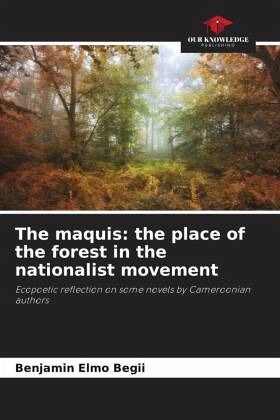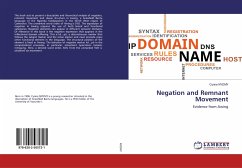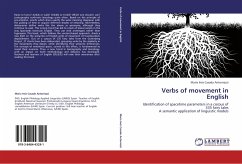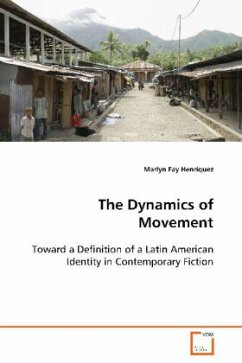
The maquis: the place of the forest in the nationalist movement
Ecopoetic reflection on some novels by Cameroonian authors
Versandkostenfrei!
Versandfertig in 6-10 Tagen
29,99 €
inkl. MwSt.

PAYBACK Punkte
15 °P sammeln!
Based on the postulate that a word rarely designates a single reality, and that its meaning depends on the context in which it is used, the term "maquis" is a good illustration of this. Indeed, in the polysemic treatment of this term, we are marked by its referential plasticity. Sometimes it is perceived as an event or a time, in the sense that it can easily be assimilated to the period of nationalism in the case of Cameroon in particular, and what happened there, and sometimes as a place. This last conception suggests even more a multitude of semantic contents that must govern the decoding. A...
Based on the postulate that a word rarely designates a single reality, and that its meaning depends on the context in which it is used, the term "maquis" is a good illustration of this. Indeed, in the polysemic treatment of this term, we are marked by its referential plasticity. Sometimes it is perceived as an event or a time, in the sense that it can easily be assimilated to the period of nationalism in the case of Cameroon in particular, and what happened there, and sometimes as a place. This last conception suggests even more a multitude of semantic contents that must govern the decoding. At the observation, when one apprehends the scrubland as a geographical space, it indicates a bushy ground, a very dense shrub formation of Mediterranean region. But very quickly, this vision in the botanical field is exceeded when this vegetable formation is transformed into a territory of combat. In this last case, the maquis means here the place where the nationalist fighters hide, an island of resistance against an invader.












